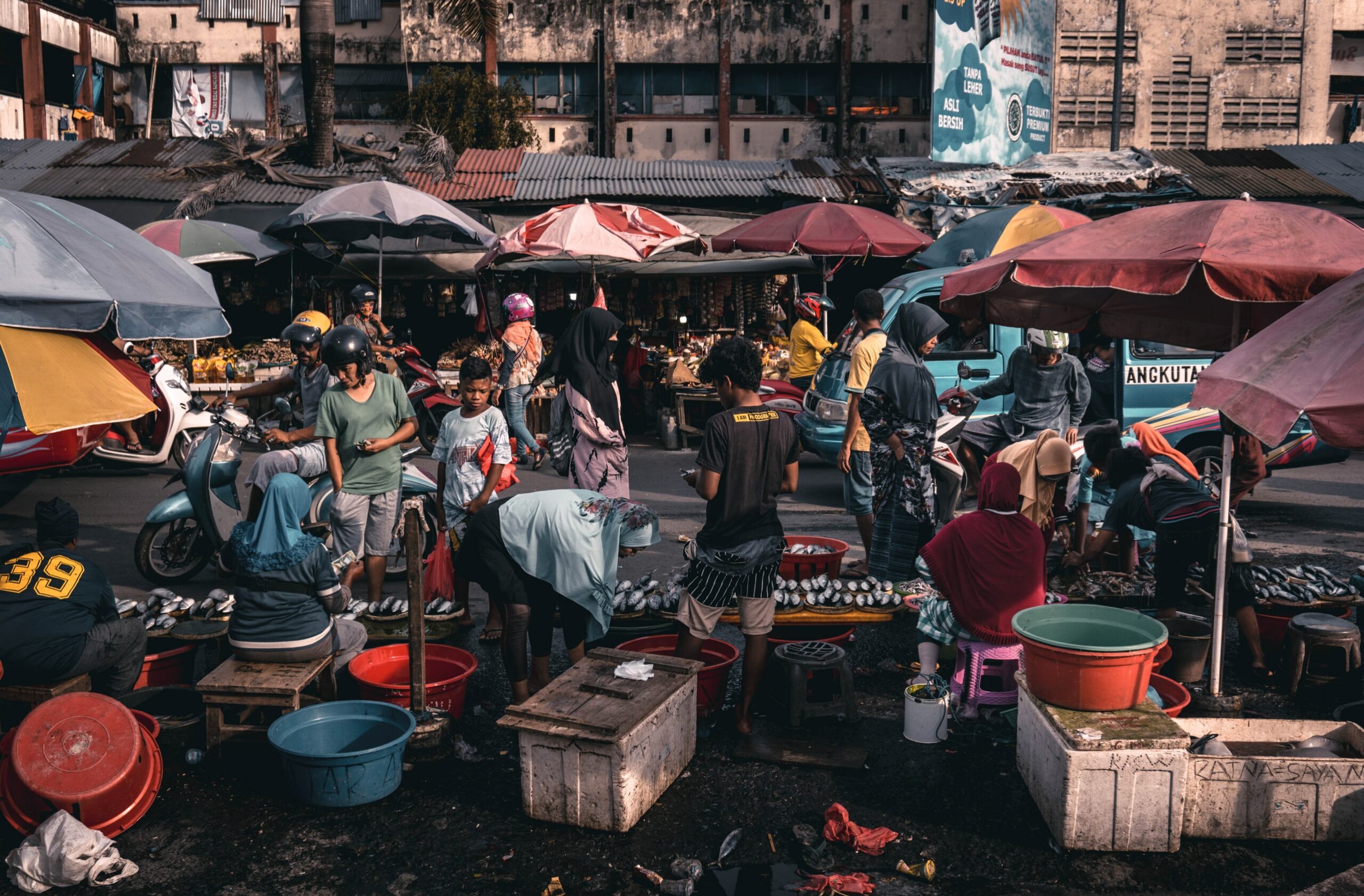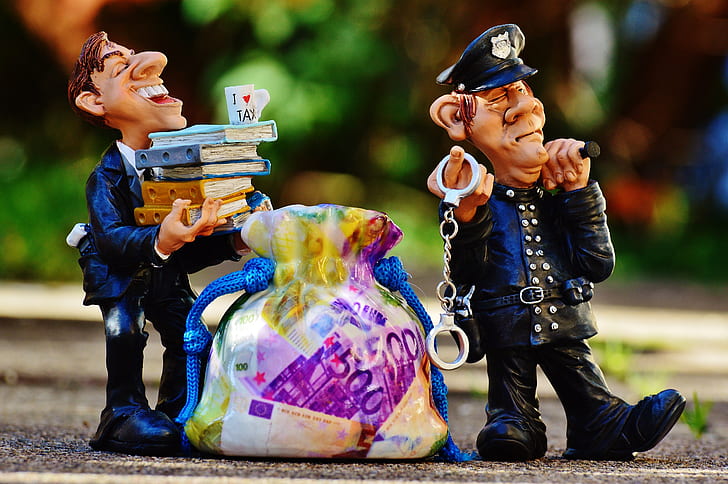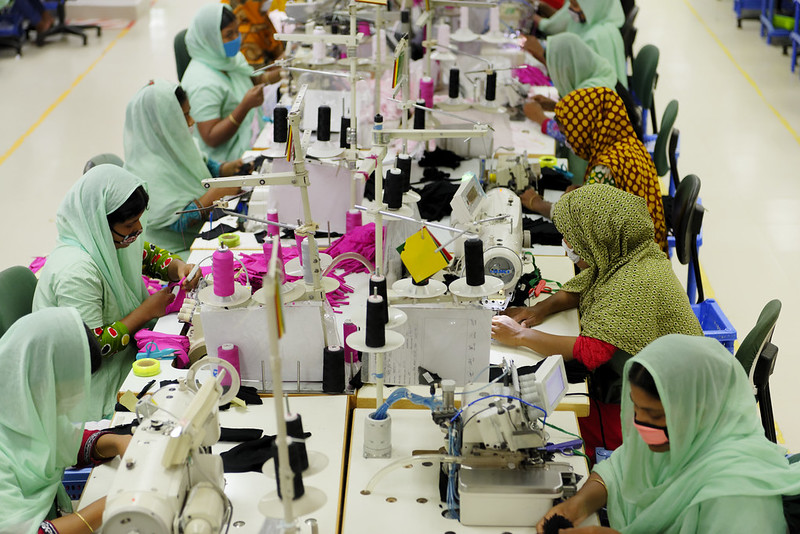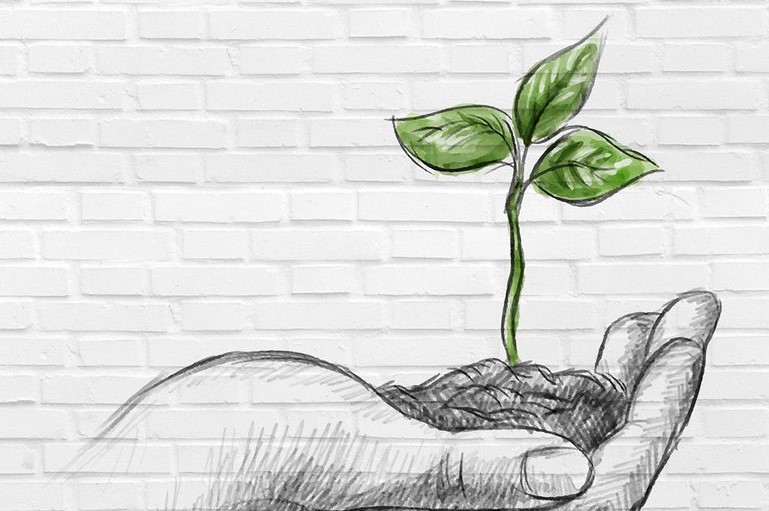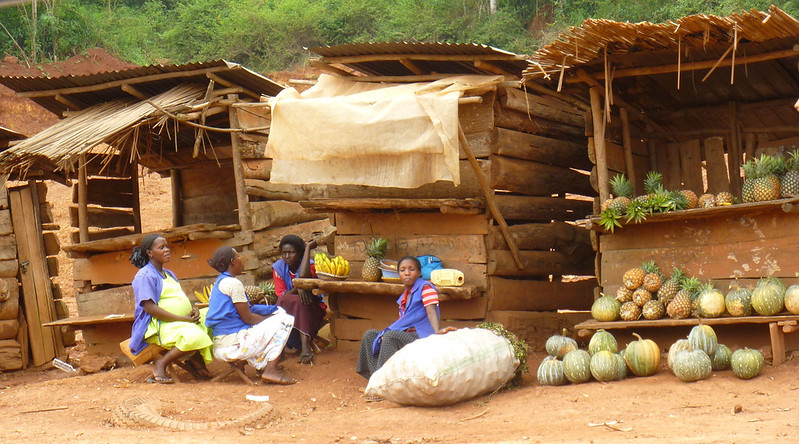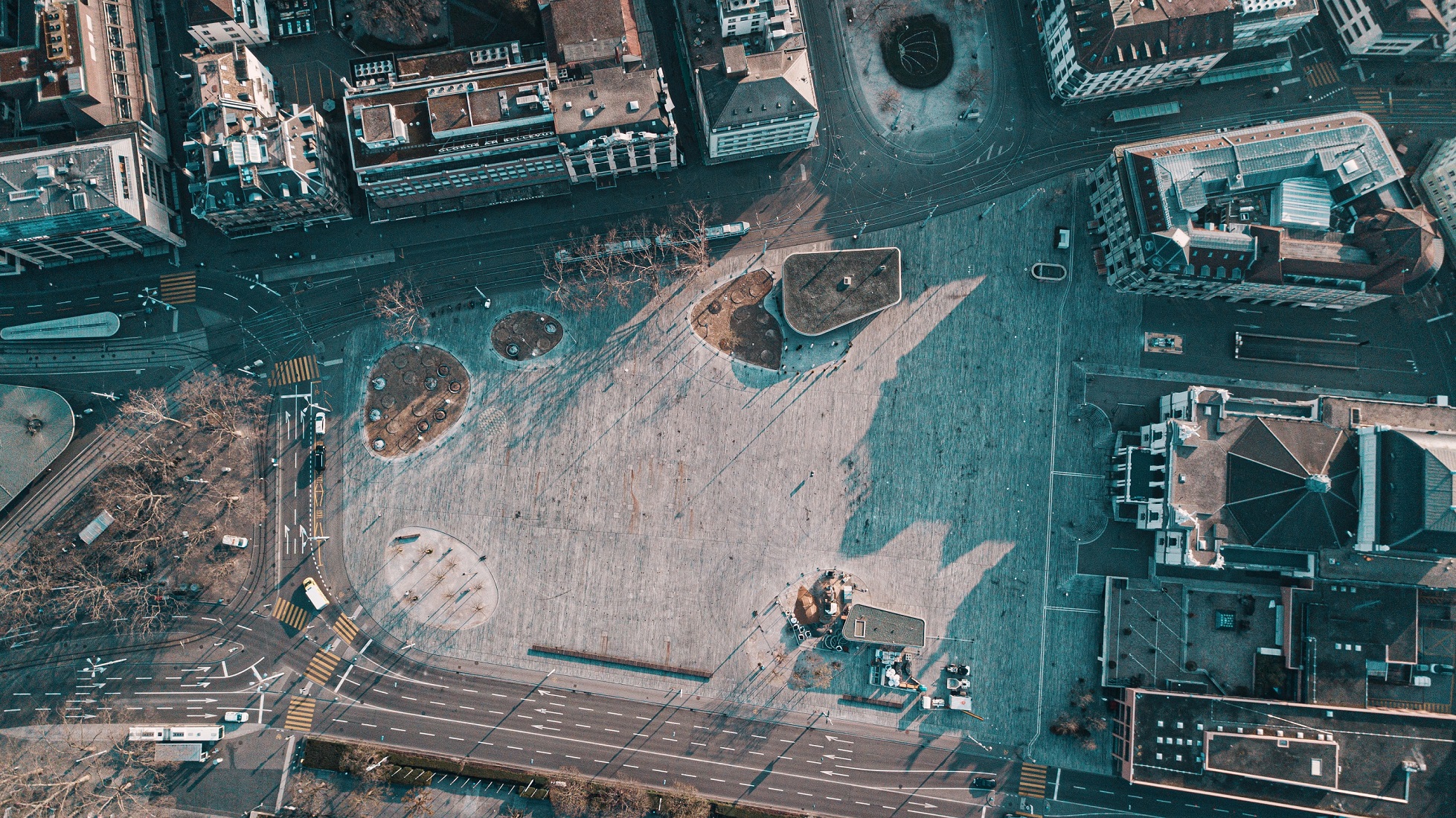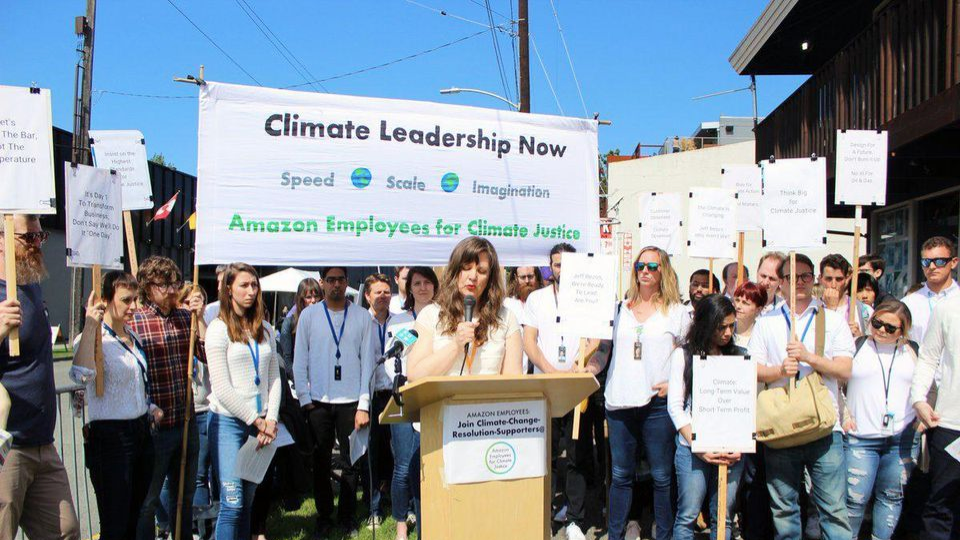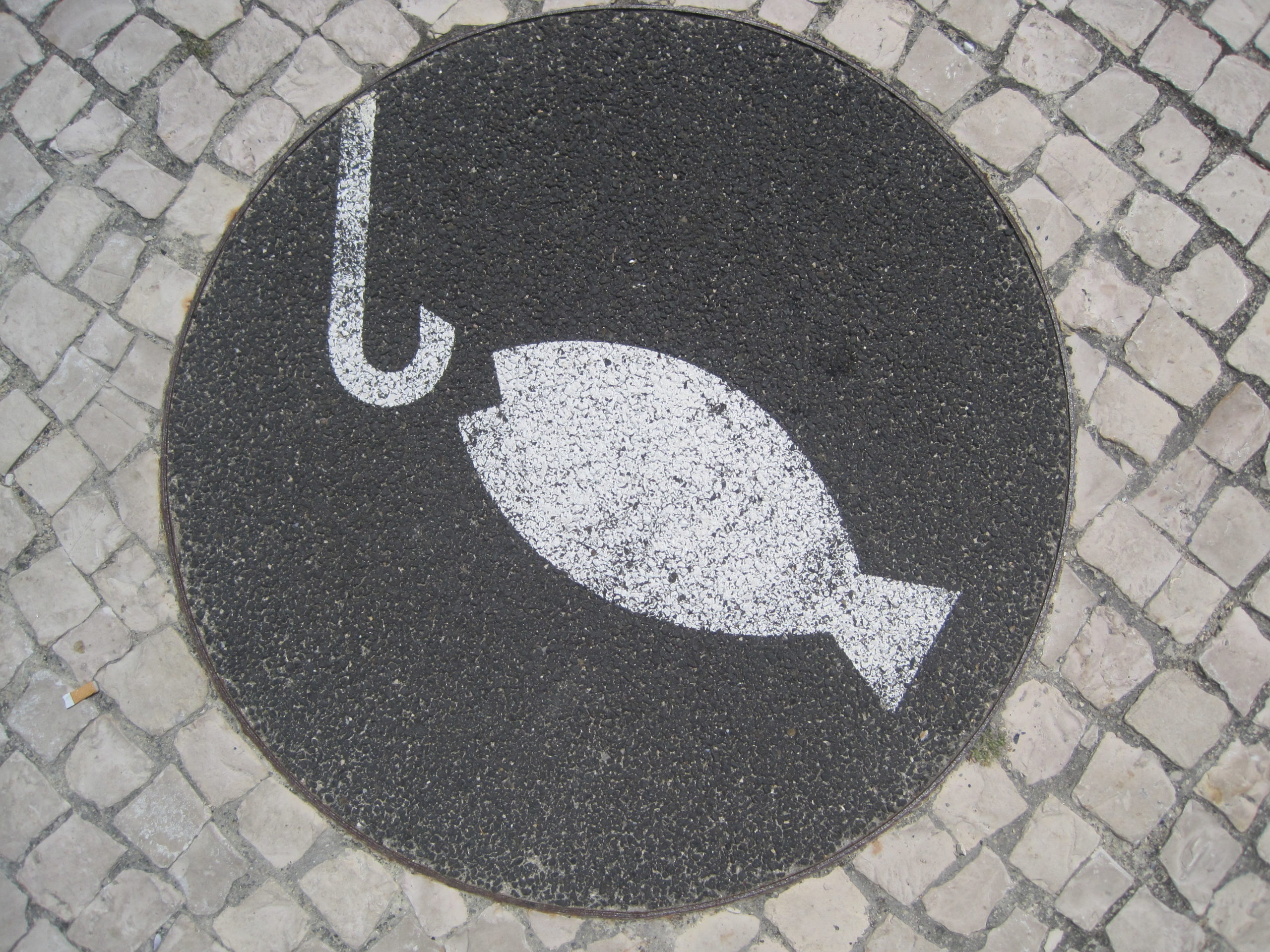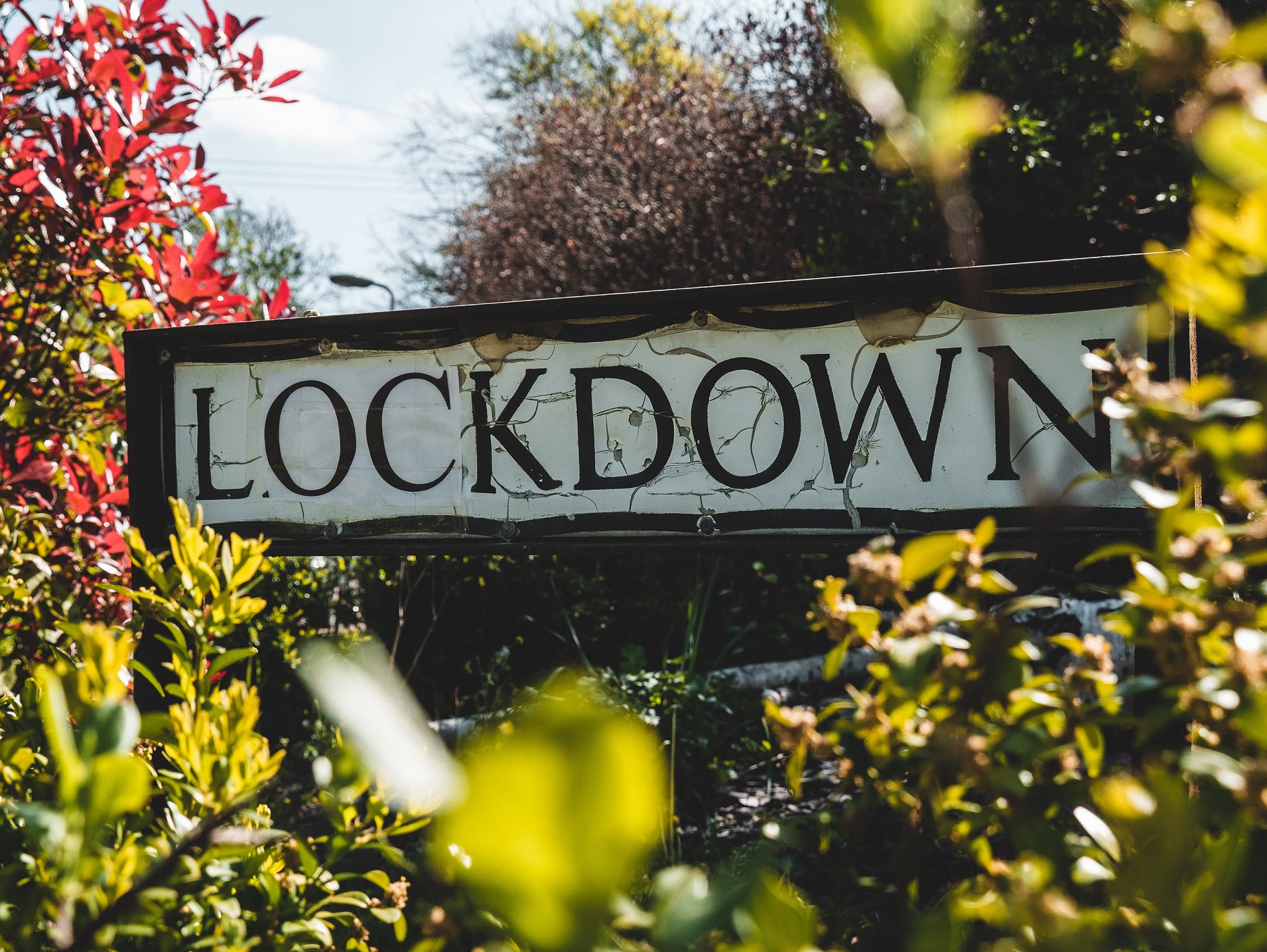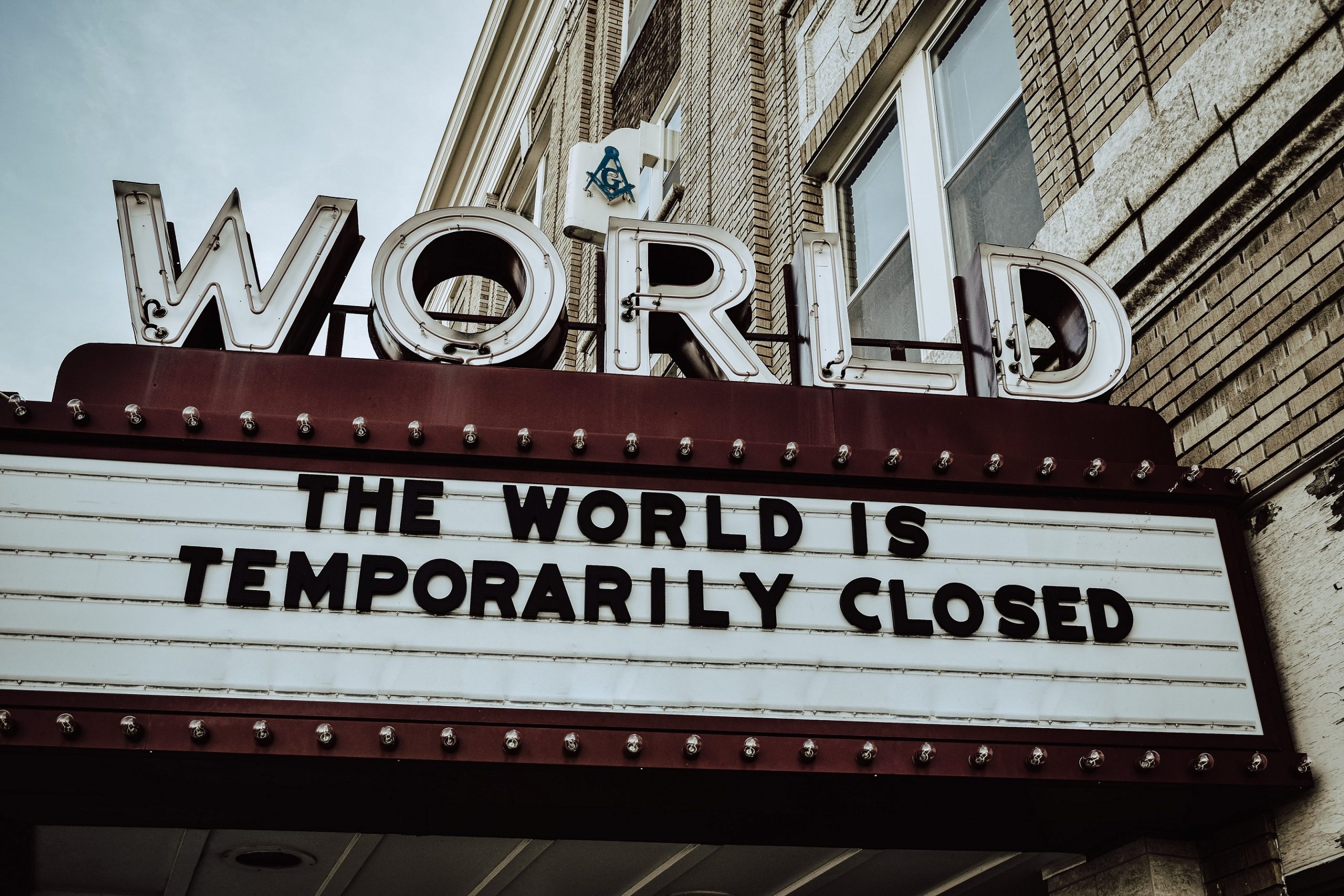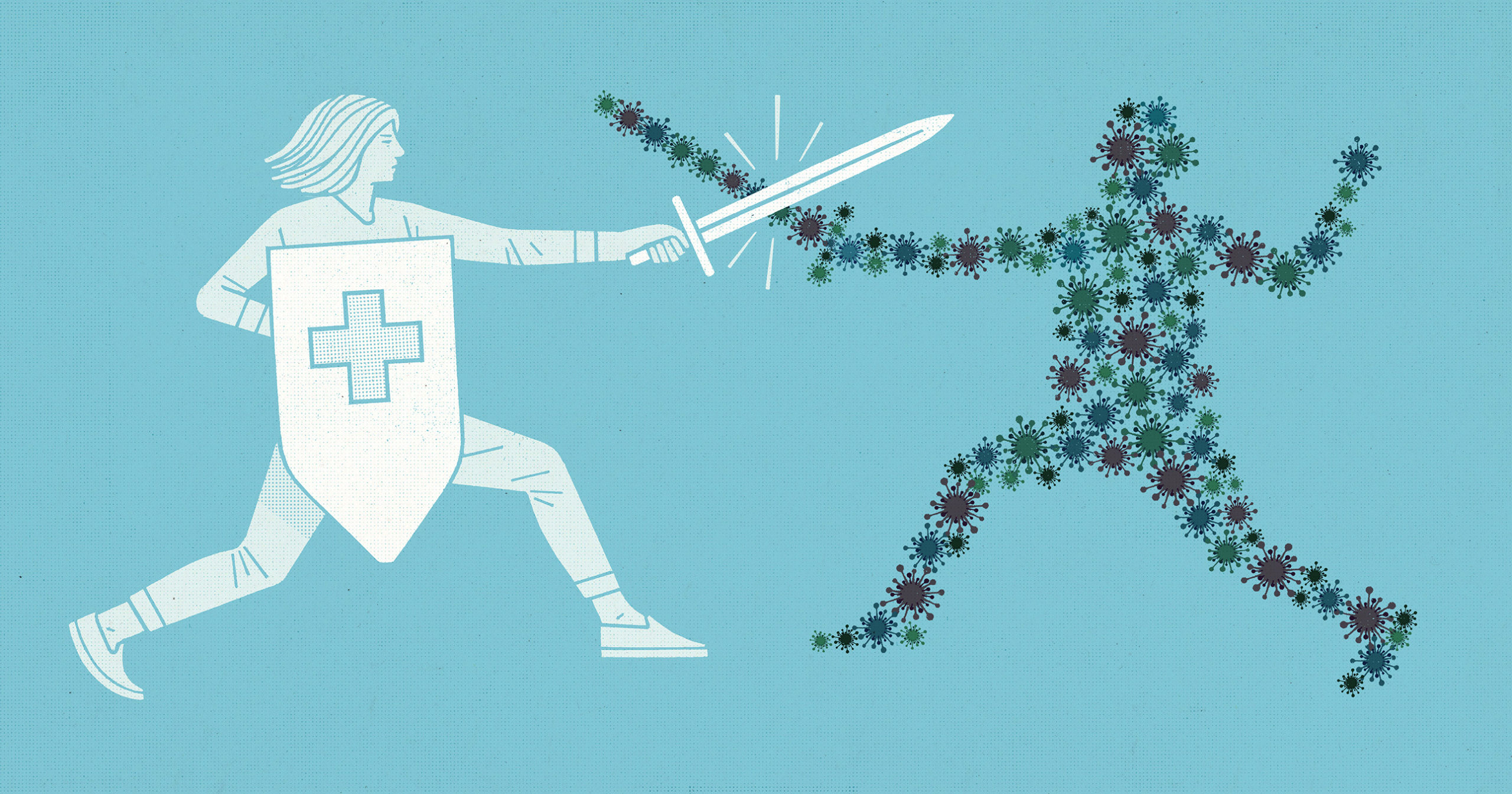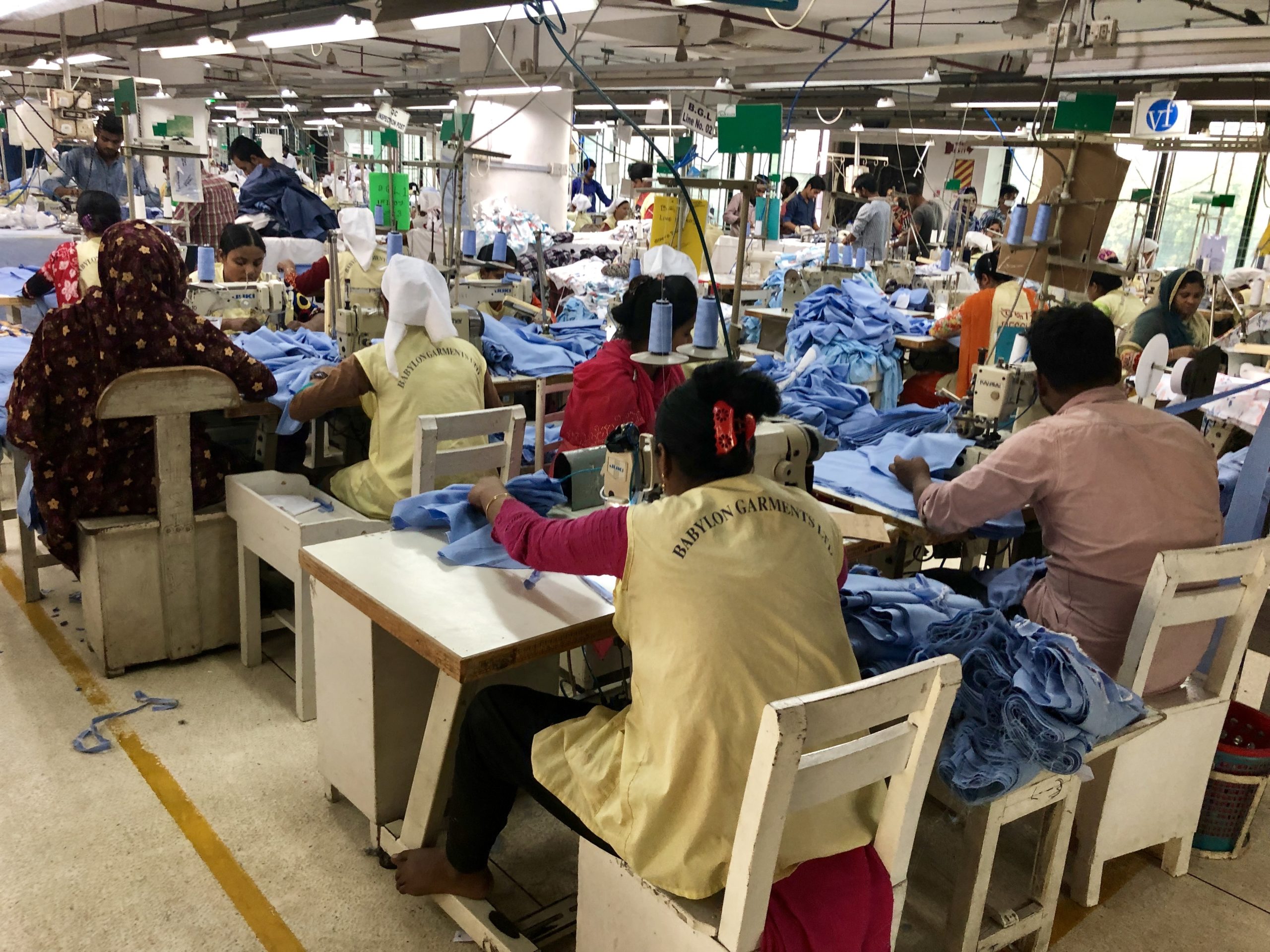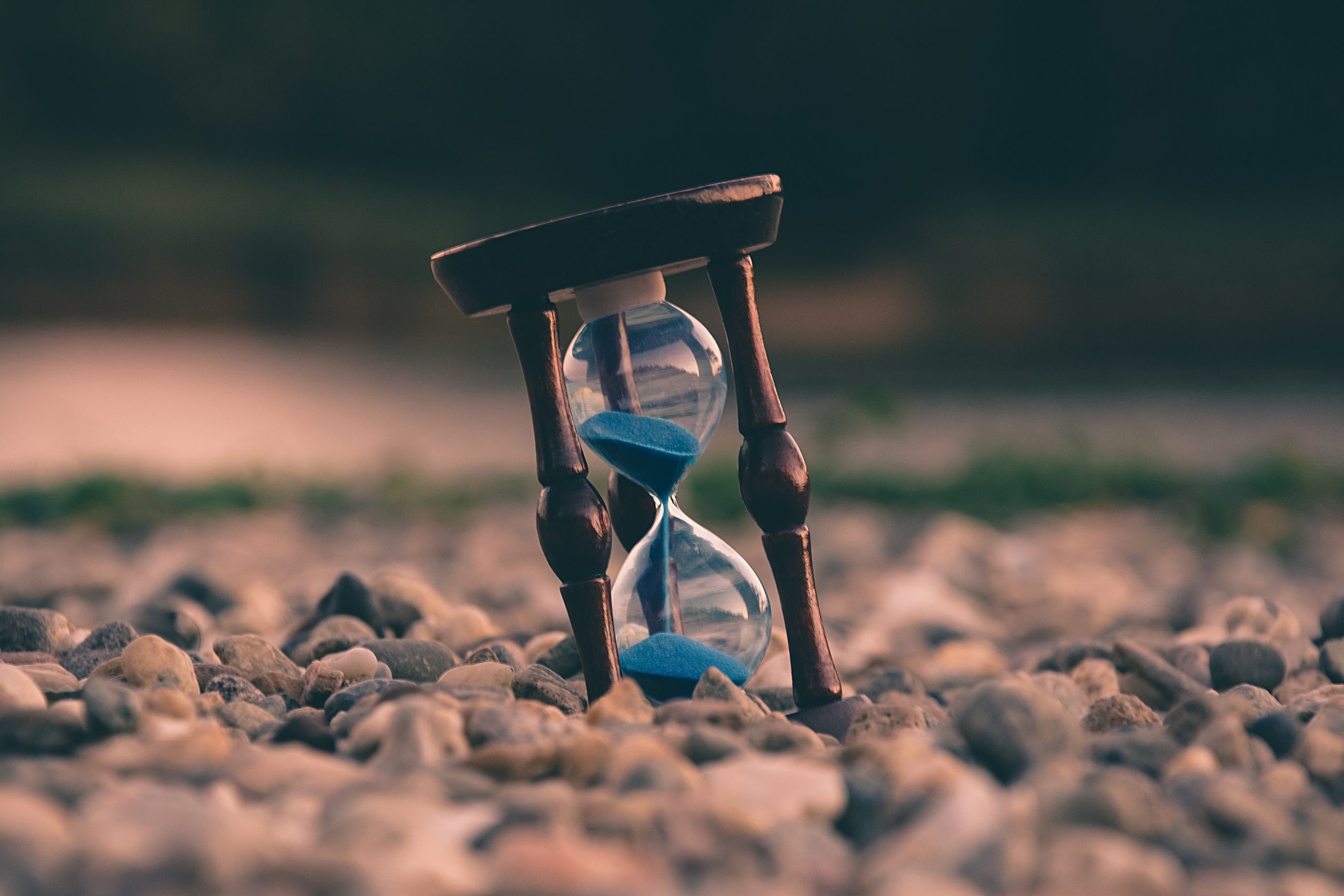By Daniel C. Esty
Covid-19 has dominated policy thinking across the world for several months – highlighting our vulnerability to unexpected threats, the fundamental reality of global interdependence, the critical role of science and data, and the value of collaborative efforts in response to a common challenge. And when the short-term public health crisis abates, the middle-term focus will be on economic recovery. But we should think now about the longer term – and the need to build a sustainable society that steps up to another looming threat: the prospect of destabilizing climate change. Thus, as we rebuild our economy, we must do so in a way that moves us toward a clean and renewable energy future as well as addressing other pressing sustainability issues including air and water pollution, waste and chemicals management, and our depletion of natural resources.
To help launch the conversation about the pathways to a sustainable future, I offer below 10 key elements to consider. These concepts build on the ideas laid out in the recently released book, A Better Planet: 40 Big Ideas for a Sustainable Future, that emerged from a multi-year research and policy initiative at Yale University, where I teach. For more information on the Yale Environmental Dialogue, please see the website.
1 ) End of externalities
A sustainable future requires that we commit to an end of externalities as the foundational principle for environmental policy. This starting point would require that we implement the Polluter Pays Principle, which means that those who release air and water pollution or greenhouse gases would have to stop these harms or to pay for their pollution. Likewise, any user of public natural resources – including water for irrigation, forests for timber, grasslands for grazing, or public lands for the extraction of oil, natural gas, or minerals – would be required to pay full price for the resources they take.
To be clear, making companies pay for the harms they cause will expose some business models as fundamentally unsustainable and only profitable when externalities are not internalized. These enterprises will have to remake their business strategies or go under.
2 ) Change in systems thinking
We must acknowledge that we live in a highly integrated world, as COVID-19 has so painfully made clear. Complex human and ecological systems require moving beyond traditional siloes to systems thinking — and regulatory design that links energy, environmental, and economic policies. More fundamentally, we must accept the fact that we will need to pursue multiple goals simultaneously and learn to do so in an integrated way that accepts the reality that our goals will sometimes be in tension — and thus need to be traded off and balanced.
3 ) Top-down targets & bottom-up implementation
We must recognize that policy frameworks and structures require both top-down targets and bottom-up implementation. This lesson has become plainly evident in the climate change context, where it is now clear that presidents and prime ministers do not control all the levers of society that must be pulled to deeply decarbonize our economy.
To achieve a sustainable future, mayors, governors/premiers, and other subnational political leaders – who often control economic development, transportation systems, and other key points of policy leverage — must play a significant role in reducing greenhouse gas emissions and building a more resilient society.
Likewise, business leaders – who also make day-to-day choices that profoundly shape the prospect for moving society onto a sustainable trajectory – must also be included in this conversation. Fortunately, both the 2015 Paris Climate Change Agreement and the UN Sustainable Development Goals (SDGs) expressly acknowledge the need for broader engagement of exactly this kind.
4 ) New economic model
New policy tools must replace the 20th Century command-and-control regulatory model with economic incentives and other market mechanisms. While the government mandates of the past have allowed us to dramatically reduce pollution levels compared to five decades ago, further progress depends on price signals and a commitment to making emitters pay for the harm they cause.
5 ) New roles & various actors
Environmental progress must recognize new roles for various critical actors. Specifically, in decades past, the business world was seen as the source of pollution problems. But today, most corporate leaders recognize the need to be good environmental stewards so as to maintain their company’s social license to operate. They recognize that old notions about the mission of corporations being centered on shareholder primary and the maximization of profits has given way to a stakeholder model in which businesses have responsibilities not only to shareholders, but also to their customers, suppliers, employees, and the communities in which they operate.
Individuals are also advancing sustainability in new and important ways that go well beyond their long-recognized role as voters. Specifically, individuals today can make a difference as green consumers who make choices every day about which products to buy and which companies are selling sustainable goods and services. Likewise, a growing set of sustainability-minded investors are tracking environmental, social, and governance (ESG) performance metrics to ensure that their portfolios align with their values – and they hold shares in companies that are showing the way toward deep decarbonization and sustainability more generally.
And some impact investors are putting money directly into sustainability projects and enterprises with an expectation that their funds will make a difference in society as well as a financial return.
Finally, all of us with a smartphone can serve as watchdogs — capturing and sharing evidence of environmental wrongdoing on social media. We are also all positioned to offer comments and participate in public environmental debates in many places and ways that were not possible prior to the Internet era. This expanded access should deepen public participation and improve the diversity of perspectives that get factored into policy decisions.
6 ) Sustainable markets
We need sustainable markets that incorporate new lessons from various emerging fields of science and other emerging academic disciplines. Industrial ecology, for instance, offers new methodologies for mapping the flows of energy and materials across the economy. In this regard, as we rebuild business in the many sectors devastated by the Covid-19 pandemic, we should look sector-by-sector for opportunities to create closed loop production processes that generate zero waste. Such a system would focus on water recapture and the reuse and recycling of other materials.
We might, in this spirit, shift away from plastic packaging that generates greenhouse gas emissions as it is produced and too often accumulates after use in the ocean – and move toward fiber-based materials that can be more easily recycled or composted.
7 ) New tools & Big Data
Policymakers have a set of new tools at their disposal that can be deployed in support of a sustainable future. Big Data, in particular, has abundant applications that can help us to reduce environmental impacts – tracking emissions, identifying best practices in pollution control and natural resource management, and providing metrics that help us to identify policy leaders to emulate and laggards who should be spurred to do better. And while 21st information and communications technologies have transformed how sports teams pick players, businesses market to their customers, and all of us make purchases, technological solutions have done rather little to reshape the environmental realm. But recent advances in data analytics, genomics, artificial intelligence, and machine learning all show significant promise for having important environmental applications.
8 ) Ethical foundation
We must build an ethical foundation for 21st Century sustainability that captures the public’s evolving thinking about core values and fundamental principles. Most notably, the idea of environmental justice and concerns about equity and inequality make it clear that our policy programs must pay attention to who benefits from environmental commitments and who gets ignored.
Indeed, who pays for environmental inaction – including lead exposure from aging water pipes or asthma risk when urban air pollution is not abated – has become a fundamental question.
As we seek to “build back better” after COVID-19, climate change equity issues need to be given a more prominent role – both the intergenerational burden that the build-up of greenhouse gases in the atmosphere threatens to leave for today’s young people and the reality that movement toward a clean energy future will dislocate some communities, industries, and demographic groups in ways that will require transition assistance.
9 ) New ways of communication
We need a new approach to environmental communications and a commitment to translate expert guidance and science to the public in a manner that makes sense to everyday citizens. Tony Leiserowitz and the Yale Program on Climate Change Communication have demonstrated, for example, that political leaders must learn to distill and effectively translate scientific concepts and results to the public. And as Thomas Easley makes clear in his Better Planet essay “Hip Hop Sustainability,” we need new strategies that bring the climate change conversation to inner cities and other subsets of society in a way that engages those communities in their own language and on their own terms.
10 ) Innovation
Finally, a spirit of innovation must permeate the push toward a sustainable future. To create an environmental policy framework that is lighter, faster, and more effective than our regulatory programs of the past, we must harness the entrepreneurial capacity and creativity that exists all across the world. Innovation broadly-conceived has already brought us technology breakthroughs in wind, solar, tidal, wave, and fuel cell power. But we must seek innovation beyond the technology domain. We need to be equally committed to fresh thinking and new approaches to finance and investments in clean energy, government policies and incentives, public engagement strategies, and public-private partnerships.
Such innovation can reduce the cost of creating a sustainable future and diminish the perceived tradeoff between environmental progress and economic prosperity.
Despite recent challenges, the promise of a more sustainable society seems ever closer, but still just over the horizon. Progress thus depends on sustainability pioneers who are willing to run out front, innovate broadly, take on risks, accept failures (and redeploy resources quick when unsuccessful pathways are identified), and redouble their commitment to efforts that show promise.
This commentary builds on Dan Esty’s April 2020 virtual lecture at Copenhagen Business School and the University of Copenhagen.
About the author
Dan Esty is Hillhouse Professor of Environmental Law and Policy, Yale School of Forestry & Environmental Studies and Yale Law School
More about Covid-19 pandemic on Business of Society blog:
Small, yet important – and still responsible. Reflections on SMEs and social responsibility in times of Covid-19
How the pandemic can reset cities and transform aspects of urban mobility
The Coronavirus Pandemic – and the Consequentiality of Metaphors
Sustainable Development, Interrupted?
The Political Economy of the Olympics – Misconceptions about Sustainability
Supply Chain Responsibilities in a Global Pandemic
A Green and Fair COVID-19 Recovery Plan
In Movement from Tanzania to Northern Italy to Denmark
How to make food systems more resilient: Try Behavioural Food Policies
Lobbying and the virus – three trends to take note of
Image by Free images
